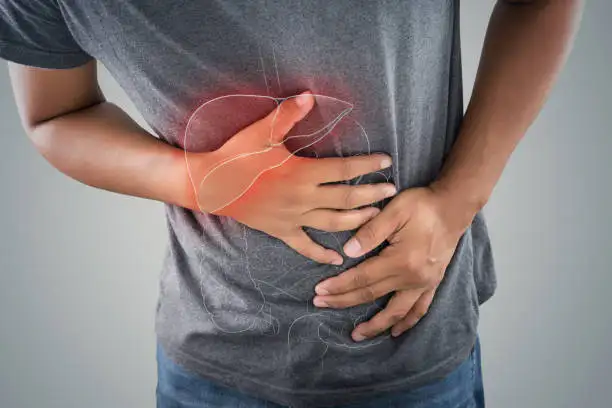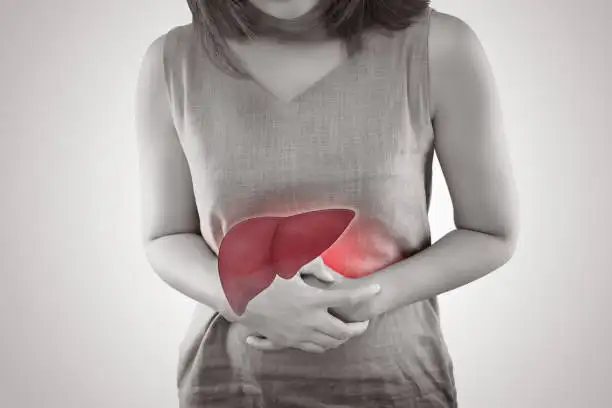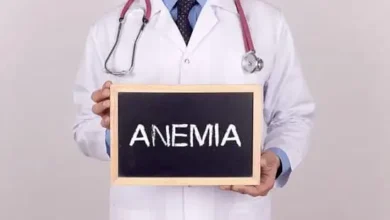
Hepatitis
The illness results in liver inflammation. Numerous variables, include viral infections, alcohol usage, certain drugs, toxins, or autoimmune illnesses, can contribute to its development. It can result in a variety of conditions, from mild and self-limiting to chronic and severe, which can result in malignancy, cirrhosis, or scarring of the liver.

Types.
Viruses come in five different categories: A, B, C, D, and E. Each kind differs in its method of transmission, clinical manifestation, and course of treatment. A quick description of each kind is provided below:
Hepatitis A.
Contaminated food, water, and certain sexual behaviors are the main ways that A is spread. It typically results in an acute illness that gets better on its own and gives you immunity. A can be avoid with vaccines.
Hepatitis B.
Contact with contaminated blood, semen, or other bodily fluids can result in the transmission of hepatitis B. This disease can also spread by sex, drug injection, tainted medical equipment, passing it from mother to kid during birth or throughout early life, and through other means as well. Chronic and acute infections can both be brought on by B. Cirrhosis of the liver or cancer can result from persistent B. It can be avoid by the vaccines
Hepatitis C.
Contact with blood that has been contaminated can lead to the spread of hepatitis C. Drug injection usage, infected medical equipment, or transfusion of tainted blood products are some ways to get it. Typically, C creates a long-lasting infection that might progress to malignancy or liver cirrhosis. Hepatitis D.
Contact with blood that has been contaminate can spread hepatitis D. People with active hepatitis B infection are the only ones who experience it. The signs and problems associat with B might get worse if you have hepatitis D.
Hepatitis E.
contaminates food or water and spreads through those sources. Usually, it results in an acute infection that goes away on its own. For those with low immune systems and those who are pregnant, it can be harmful. E does not have a vaccination.
The kind and stage of the infection may affect the hepatitis symptoms in different ways. These are a few typical signs:
- Jaundice, often known as skin and eye yellowing
- dark urination
- Fatigue
- Nausea Vomiting
- Continent pain
- Fever
- the inability to eat
Some individuals could be symptom-free or experience minor symptoms that go unreported.
- Blood tests
- physical exams
- exposure histories
- occasionally liver biopsies are used to diagnose in addition to other methods.
The Treatment.
It is handled differently depends on the kind and severity of the illness. A few examples of typical activities are:
- stay hydrate and getting plenty of rest
- Keeping away from alcohol and other chemicals that could damage the liver
- taking prescription drugs as direct by a doctor visit a doctor regularly and having liver function checked
- seeking medical help if symptoms worsen or if new symptoms emerge
- It can be prevent by avoid risk factors, engage in safe sexual activity, using sterile needles and injection, maintain good hygiene, abide by sanitation rules, and receiving A and B vaccinations as needed.

SUMMARY.
It is a dangerous disease that can have an impact on the health and quality of life of millions of individuals worldwide. It’s critical to understand the causes, signs, diagnosis, symptoms, treatment, and prevention of hepatitis and to get medical attention when necessary.








